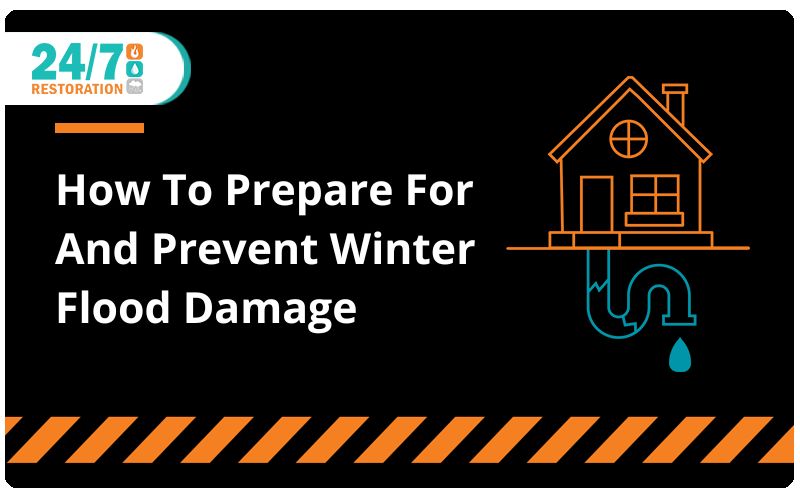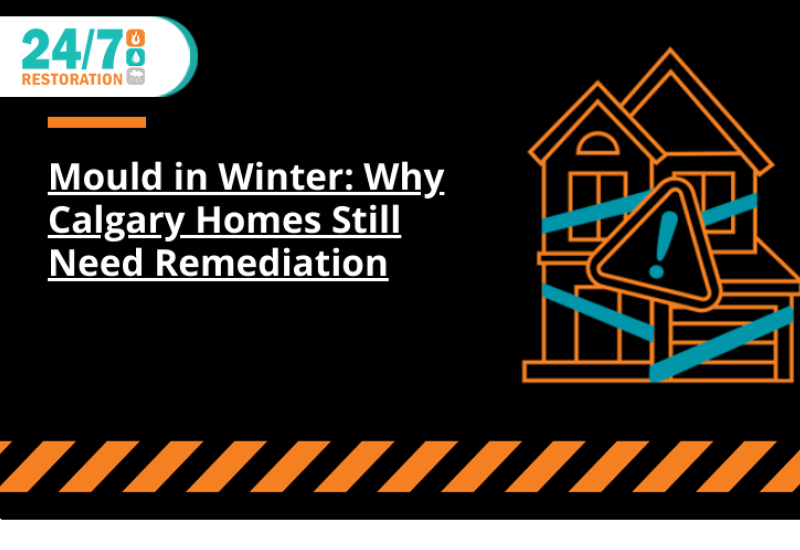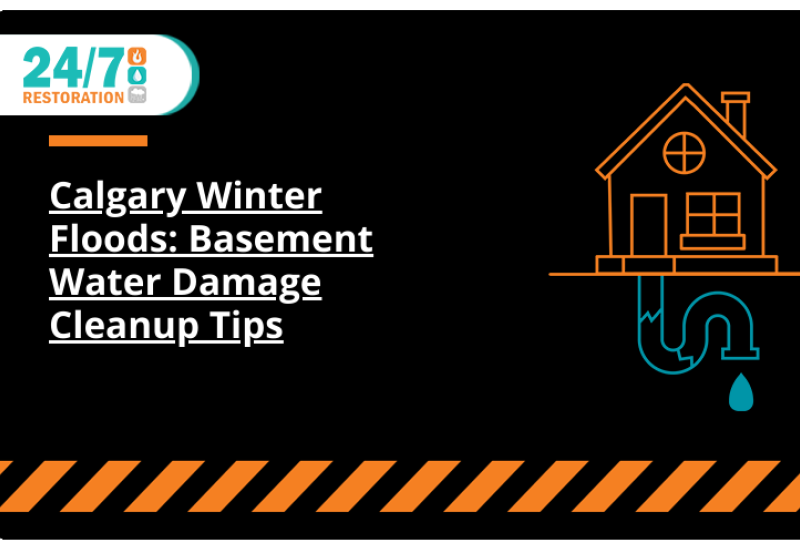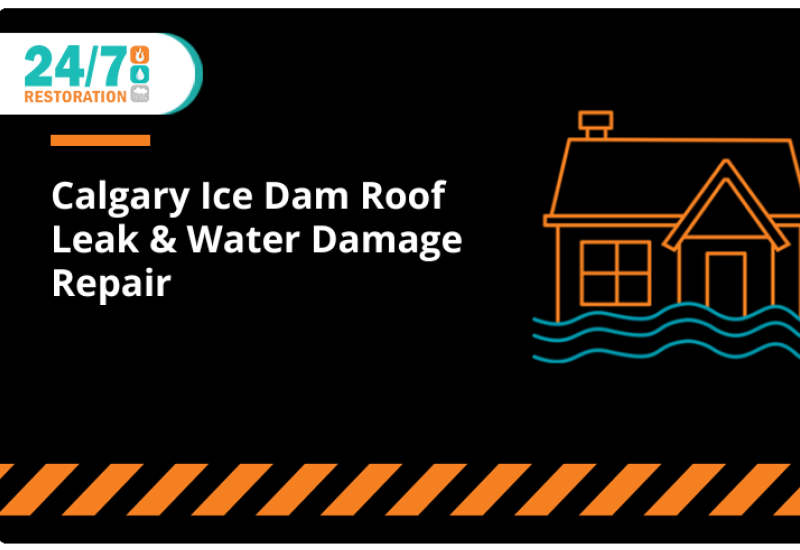What To Do To Minimize Flood Damage
Check For Adequate Drainage
When Chinooks hit, snowmelt may be directed into your home unless you take precautions. Keep snow away from the base of your home by shoveling the snow near your home, especially near low windows. Clear your drain spouts of debris and ensure your downspouts are attached and reach at least two feet away from the home, preferably farther.
Test Your Sump Pump
Ensure that your sump pump battery is working and that you have a backup battery or generator. You should test your sump pump before each winter season.
Reseal Your Basement
Inspect your basement walls and apply caulking if you see any cracks where water might seep through. During the spring or summer, you may want to apply sealant on the outside walls if your basement is prone to flooding.
Be Prepared
If your home is susceptible to flooding, have a few items on hand to be ready.
- High rubber boots. If your basement does flood and you need to get through the water, your rubber boots will keep you dry.
- Rubber gloves. If you need to handle floodwater or flood damage in any form, it’s best to prevent contact with your skin.
- Bucket and mop. These are ideal for getting rid of water from small floods.
- Fans/dehumidifier. If flooding is just enough to get your carpets wet, you will need to pull the carpets up and get as much moisture out as possible. Do this right away to prevent mold.
- Disinfectant. Any room that has flooding will need to be disinfected since floodwater can contain bacteria and organic materials.
Although being prepared is great, keep in mind that you should only handle mild flooding yourself and that DIY cleanup has its limits.
Monitor For Severe Weather
Keep up to date on weather forecasts to see if flooding or severe freezing is expected. If a severe flood or intense rain/melting conditions are expected (especially if you live close to a river, lake, or other large amount of water), shut off your water, gas, furnace, and electricity. Leave your home and follow all evacuation orders. Whether flooding is severe or mild, remember to never enter a flooded basement if there is any risk that the water has reached electrical outlets or devices, as the water can become electrified and highly dangerous.
Professional Restoration Companies Can Resolve Flood Damage
While you may be able to handle some minor flooding on your own, large floods should be left to the professionals. When flood damage cleanup is conducted by experts, it guarantees your safety and increases the chances for proper restoration to any flood damaged areas, which can save you time and money. At 24/7 Restoration, we ensure that your house is restored to pre-incident conditions and that your home is once again a safe and healthy environment for you and your family. If you suffer flood damage or water damage in your home, call 24/7 Restoration any time, day or night, at 1-403-247-4365 or fill out the online contact form with any questions you have.
FAQ
Q: I’m worried about more than just flooding. What can I do if a winter storm impacts my home?
A: It’s always best to take preventative steps, but sometimes damage is inevitable. The important thing is to not panic and to make sure you have extra food, bottled water, and blankets in your home during storm season. For step-by-step instructions if winter storm damage occurs (including, but not limited to, flooding), read What To Do If You Have Been Impacted By A Winter Storm.
Q: Is there any way to guarantee my basement won’t flood?
A: There are preventive steps you can take to reduce the risk of flood damage: shovel snow away from your house, remove snow and ice from, clear the drains, and check your sump pump. These are all great preventative measures but there’s no way to guarantee your house won’t flood. Having a sump pump with a secondary power source and knowing the 24/7 Restoration team is accessible and responsive 24 hours a day, 7 days a week can help put your mind at ease.
Q: How quickly can mold start to grow if the water is not properly removed?
A: Mold can start growing within 72 hours of exposure to moisture.




